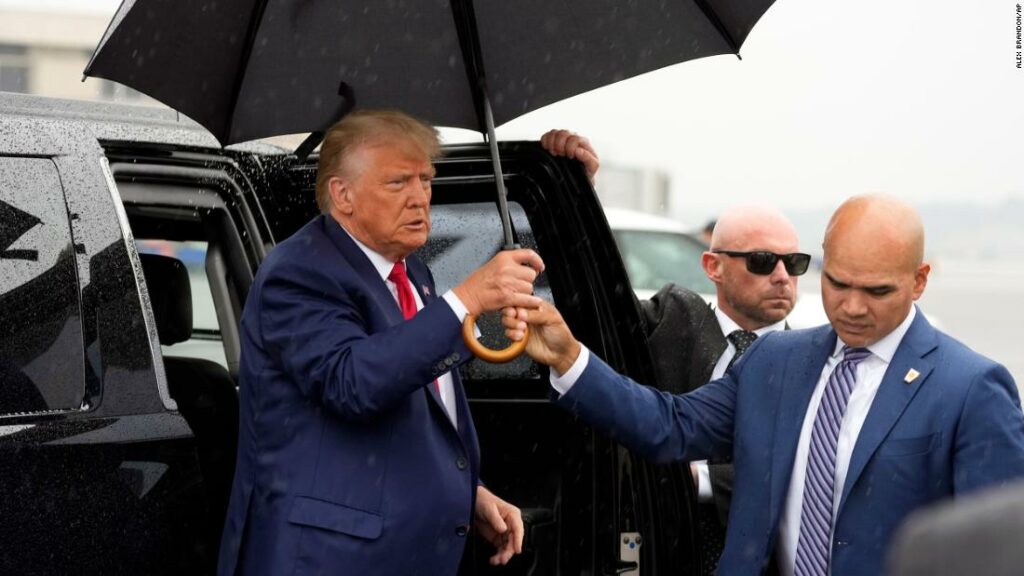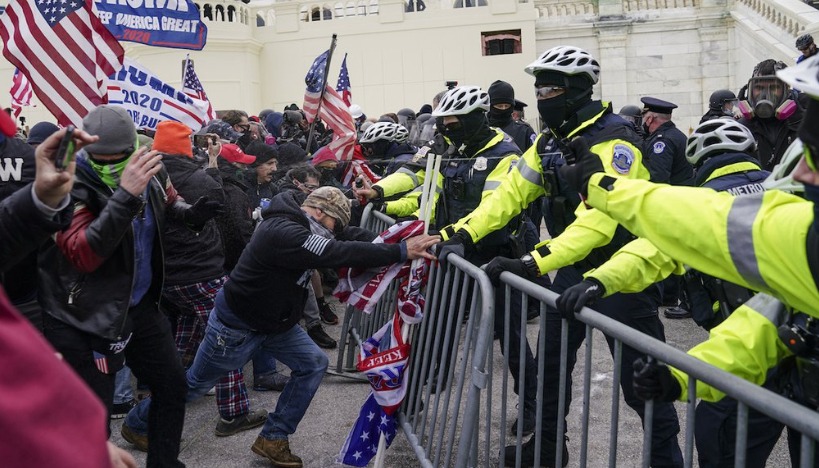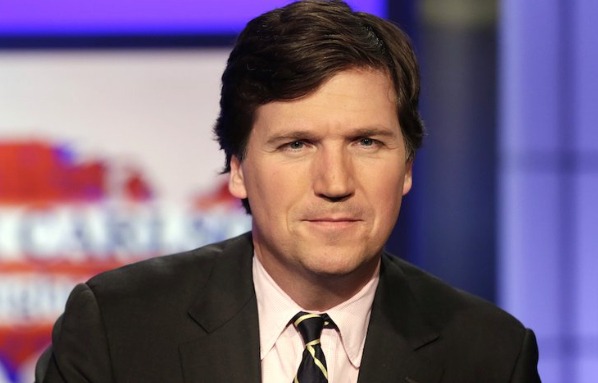The Legal Drama Surrounding Donald Trump: Key Indictments and Investigations
It’s been eight years since he rode down the escalator in Trump Tower and more than two years since the January 6, 2021, insurrection, but the legal drama surrounding Donald Trump has never been more intense. Here are key things to know about the former president’s three indictments:
Hush-money payments: In New York, a hush-money payment to adult film star Stormy Daniels resulted in Trump’s indictment by a Manhattan grand jury over his alleged role in the scheme – the first time in American history that a current or former president was criminally charged. He was charged with 34 felony counts of falsifying business records.
Mar-a-Lago documents: Special counsel Jack Smith is overseeing the Justice Department’s criminal investigations into the retention of national defense information at Trump’s resort and into parts of the January 6, 2021, insurrection. Trump was initially indicted on, and has pleaded not guilty to, 37 federal charges related to the investigation of documents that were allegedly mishandled when they were taken to Mar-a-Lago in Florida after Trump left office. Last week, Smith charged Trump with three additional counts in a superseding indictment. A judge has set a May 2024 start date for the trial.
2020 election and January 6: Smith’s purview also includes the period after Trump’s 2020 election loss to Joe Biden and leading up to the insurrection at the US Capitol. A federal grand jury indicted Trump on four criminal counts in the investigation: conspiracy to defraud the United States; conspiracy to obstruct an official proceeding; obstruction of and attempt to obstruct an official proceeding; and conspiracy against rights. Trump pleaded not guilty to the federal charges on Thursday. The next hearing is set for August 28 at 10 a.m. ET.
Read more.
Unveiling Trump’s Not Guilty Plea: 2020 Election Interference Charges
In a stunning turn of events, former President Donald J. Trump has pleaded not guilty to charges of 2020 election interference. The allegations, which have been the subject of intense scrutiny and debate, have once again thrust the controversial figure into the spotlight. As the legal proceedings unfold, the world watches with bated breath, eager to see how this high-profile case will shape the future of American politics.
The charges against Trump stem from his alleged involvement in efforts to undermine the integrity of the 2020 presidential election. It is claimed that he, along with his associates, conspired to manipulate the electoral process in his favor, thereby compromising the democratic principles upon which the United States prides itself. These allegations strike at the very heart of the nation’s democratic values, and the outcome of this trial will undoubtedly have far-reaching implications.
The not guilty plea entered by Trump has further polarized an already divided nation. Supporters of the former president argue that the charges are politically motivated, aimed at tarnishing his legacy and preventing any potential future political aspirations. They contend that the evidence against Trump is weak and circumstantial, lacking the substance necessary to prove his guilt beyond a reasonable doubt.
On the other hand, critics of Trump assert that the evidence against him is compelling and damning. They argue that his repeated claims of election fraud, which were widely debunked, laid the groundwork for the events that unfolded on January 6, 2021, when a violent mob stormed the U.S. Capitol in an attempt to overturn the election results. They believe that Trump’s rhetoric and actions directly contributed to the erosion of trust in the democratic process, and that he must be held accountable for his role in these events.
As the trial progresses, the burden of proof lies with the prosecution to present a compelling case against Trump. They must demonstrate that he knowingly and willfully engaged in activities aimed at interfering with the election, and that these actions had a direct impact on its outcome. The defense, on the other hand, will seek to cast doubt on the evidence presented, highlighting any inconsistencies or weaknesses in the prosecution’s case.
Beyond the legal implications, the outcome of this trial will undoubtedly shape the future of American politics. If Trump is found guilty, it could have significant ramifications for his political career, potentially barring him from holding public office in the future. It may also serve as a precedent, sending a strong message that election interference will not be tolerated in the United States.
Conversely, if Trump is acquitted, it could embolden his supporters and further deepen the political divide in the country. It may also raise questions about the effectiveness of the justice system and its ability to hold powerful figures accountable for their actions.
Regardless of the outcome, this trial serves as a stark reminder of the fragility of democracy and the importance of upholding the principles upon which it is built. It is a moment that demands introspection and reflection, as the nation grapples with the consequences of its recent past and seeks to chart a path forward.
As the legal proceedings continue, the world watches with a mixture of anticipation and trepidation. The outcome of this trial will undoubtedly shape the future of American politics and have far-reaching implications for the nation’s democratic institutions. Only time will tell how this chapter in history will be written, and what it will mean for the future of the United States.








